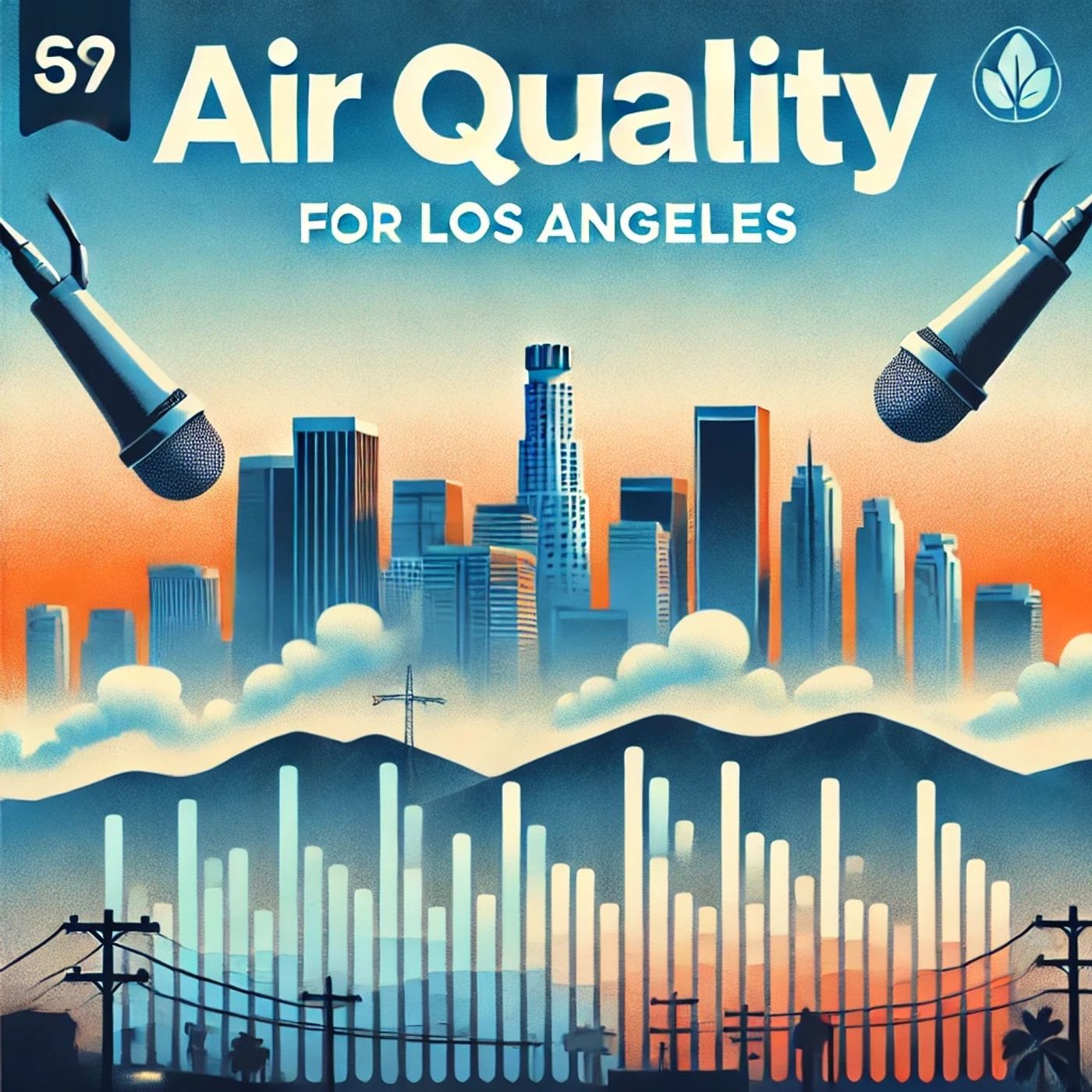LA Air Quality a Persistent Concern Amid Fluctuating Conditions
Description
As of today, air quality in Los Angeles is a pressing concern for both residents and environmental scientists. The city, known for its sprawling highways and bustling transportation networks, often grapples with air pollution challenges that can impact health and quality of life. Today, the air quality index, or AQI, in Los Angeles fluctuates depending on several factors, including weather conditions and traffic density.
Typically, the AQI is a standardized tool that helps communicate the level of pollutants in the air, with levels ranging from good to hazardous. In Los Angeles, the primary pollutants include ozone, particulate matter, carbon monoxide, sulfur dioxide, and nitrogen dioxide. Of these, ozone and particulate matter are usually the most significant contributors to pollution in the city.
Today, Los Angeles experiences moderate air quality. This suggests that the air pollution level is acceptable; however, there might be some pollutants present that could pose a concern for a small number of individuals who are particularly sensitive to air pollution. Those with respiratory problems such as asthma or lung disease should consider reducing prolonged outdoor exertion.
Weather plays a crucial role in influencing air quality in Los Angeles. With warm temperatures and stagnant weather patterns, the city often experiences conditions that exacerbate the formation of ground-level ozone, a harmful pollutant that results from the reaction of sunlight with vehicle emissions and industrial fumes. During cooler and windier days, pollutants tend to disperse more readily, leading to improved air quality.
The geographical and meteorological factors unique to Los Angeles, including its basin-like topography and frequent temperature inversions, tend to trap pollutants, effectively leading to higher concentrations of ground-level ozone and particulate matter. Today, mitigating factors such as ocean breezes may help somewhat in dispersing pollutants, but the overall impact remains moderate.
Public health officials continue to advise residents to stay informed about daily air quality levels. Real-time updates are available through various state and local air quality monitoring systems and apps, enabling residents to make informed decisions about outdoor activities. On days when the AQI indicates that air quality is poor, it is advisable for sensitive groups to minimize time spent outdoors, particularly engaging in vigorous physical activities.
In conclusion, while today's air quality in Los Angeles is categorized as moderate, it's a reminder of the ongoing battle the city faces concerning air pollution. Efforts by local government to improve air conditions include promoting public transportation, the adoption of electric vehicles, and stricter emissions guidelines for industries. Community awareness and involvement, along with technological advancements and policy changes, are essential to ensure a healthier environment for all Angelenos in the future.
More Episodes
As of today, air quality in Los Angeles remains a significant concern for residents and authorities alike, although there have been improvements in recent years. Los Angeles, known for its sprawling highways and frequent traffic congestion, often experiences levels of air pollution that exceed...
Published 11/26/24
As of today, Los Angeles is experiencing a fluctuation in air quality levels, a common scenario largely due to its geographic location and urban density. The city's air quality is measured by the Air Quality Index, or AQI, which assesses the concentration of major pollutants like ozone,...
Published 11/24/24
Published 11/24/24


